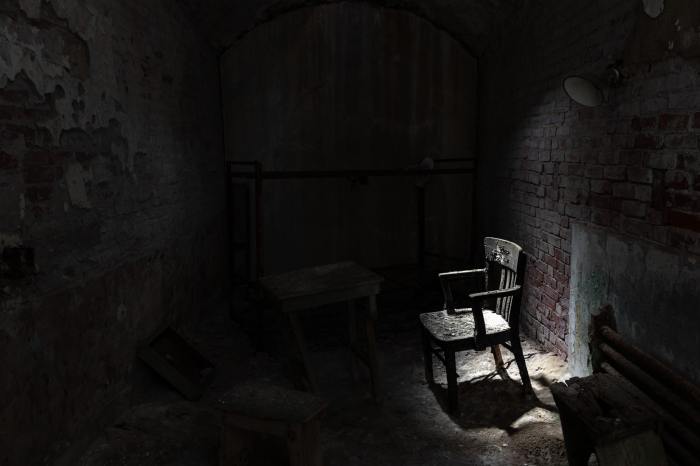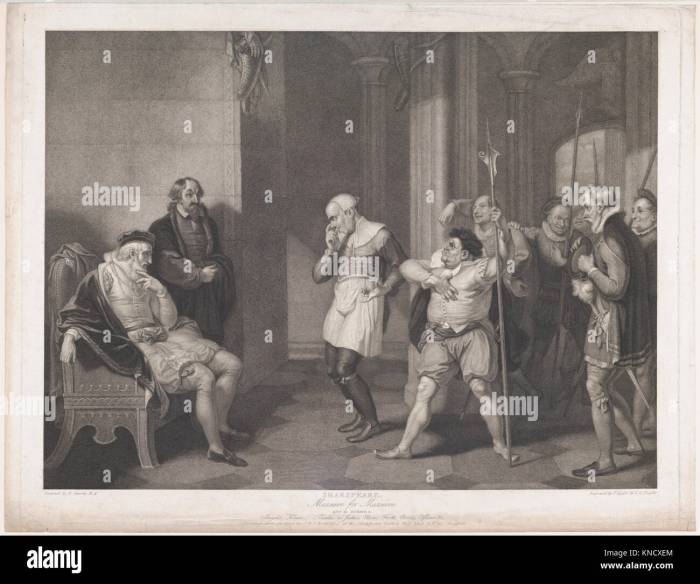Angelo monologue measure for measure – Angelo’s monologue in Measure for Measure stands as a pivotal moment in the play, offering a profound exploration of hypocrisy, moral struggle, and the power of temptation. Through Angelo’s soliloquy, Shakespeare delves into the complexities of human nature, exposing the fragility of morality and the devastating consequences of succumbing to desire.
Angelo, the seemingly virtuous deputy, grapples with his inner demons as he contemplates his illicit attraction to Isabella. His words reveal a deep-seated hypocrisy, as he condemns the very actions he secretly harbors. This internal conflict sets the stage for a gripping examination of the human condition, questioning the boundaries of morality and the nature of justice.
Angelo’s Monologue in Measure for Measure: Introduction: Angelo Monologue Measure For Measure

Angelo’s monologue in Act II, Scene II of Measure for Measure is a pivotal moment in the play. It reveals the hypocrisy and inner conflict of the seemingly virtuous deputy who is left in charge of Vienna while the Duke is away.
Angelo’s words and actions highlight the themes of justice, mercy, and the power of temptation.
Angelo’s Hypocrisy and Moral Struggle
Angelo’s monologue exposes his hypocrisy. He proclaims his commitment to justice and morality, yet he is secretly tempted by Isabella’s beauty and purity. His words contrast sharply with his actions, as he ultimately succumbs to temptation and attempts to blackmail Isabella into sleeping with him in exchange for her brother’s life.
The Power of Temptation and Desire, Angelo monologue measure for measure
Temptation and desire play a significant role in Angelo’s monologue. He is initially swayed by Isabella’s beauty and virtue, but his resolve weakens as he dwells on his own desires. The monologue reveals the inner struggle between his moral principles and his physical urges.
The Language and Structure of the Monologue
Angelo’s monologue is characterized by its use of rhetorical devices and literary language. He employs antithesis, metaphors, and similes to convey his inner conflict and the power of temptation. The structure of the monologue is carefully crafted, with a clear beginning, middle, and end that build to a climax.
Angelo’s Monologue in the Context of the Play
Angelo’s monologue is a key moment in Measure for Measure. It sets up the play’s central conflict and foreshadows Angelo’s eventual downfall. The monologue also contributes to the play’s exploration of themes such as justice, mercy, and the nature of human desire.
Angelo’s Monologue in Performance
Performing Angelo’s monologue is a challenging but rewarding task for actors. Actors must convey the character’s inner turmoil and complexity, while also making his hypocrisy and moral struggle believable. Notable performances of the monologue include those by Laurence Olivier and Kenneth Branagh.
Expert Answers
What is the significance of Angelo’s monologue in Measure for Measure?
Angelo’s monologue reveals his inner hypocrisy and moral struggle, setting the stage for a profound exploration of human nature and the consequences of succumbing to temptation.
How does Angelo’s monologue contribute to the play’s overall message?
The monologue reinforces the play’s themes of justice, mercy, and the fragility of morality, demonstrating the devastating impact of hypocrisy and the power of redemption.
What literary devices are used in Angelo’s monologue?
Shakespeare employs various literary devices, including antithesis, imagery, and rhetorical questions, to convey Angelo’s inner turmoil and the complexity of his character.


